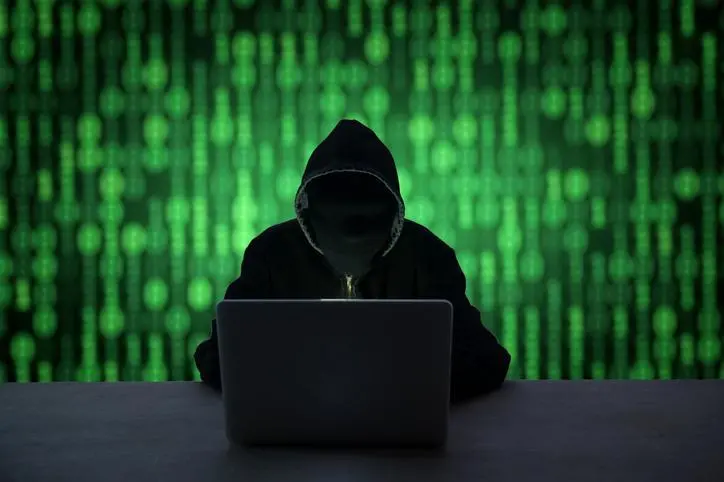PHOTO
While some cyber attacks (like the recent TransUnion attack) make the headlines, not all cybercrimes are public news. This means that the truth about what is actually happening out there, is far, FAR more worrying. South Africans need to make cybercrime part of their everyday, online security-thinking.
According to Mimecast’s “State of Email Security", they reported that 92% of South African businesses have experienced some form of impersonation fraud, or Business Email Compromise, over the past year. What is even more disturbing is that Arthur Goldstruck from World Wide Worx reported that only 40% of large businesses actually implement multiple security solutions to protect, back up, and recover data.
The introduction of Government’s Cybercrimes Act and POPI Act (POPIA) are steps in the right direction, but the onus is ultimately on companies to improve their cyber security and implement disaster mangement protocols.
TAKE NOTE: Cybercrime has become a very lucrative business for cyber criminals. They will continue to take the time to create more sophisticated and targeted attacks; which is why businesses, individual employees, and the man on the street are, equally, all at risk.
Cybercrime trends doing the rounds:
1. Travellers are being targeted. Stay on high alert when travelling!
Travellers (for work or pleasure) are usually not familiar with their surroundings and are often carrying their personal documents on them. As a result, they are soft targets for cyber criminals. Plan your local, or international, trip carefully. Ensure that you keep your valuables and private documents locked away, or on you at all times.
2. Protect your mobile phone.
Mobile phones have become central to our livelihoods. We use them to manage our schedules, create and send work files, make online purchases, and even to do our banking. The use of mobile wallets is becoming ever more popular and people are now using their phones to store important documents and personal data. That’s why mobile phones and other devices are fast becoming attractive targets. Ensure that you have an updated antivirus software installed and remember to create strong passwords with two-factor authentication to protect yourself.
3. Be careful what you share on social media.
Your innocent photographs and information of you and your family (and even the family pets) that you share on social media, can help cyber criminals learn more about you so as to better adjust their ‘attack’. Regularly check your privacy settings and double-check who you accept friend-requests from.
4. Deepfake Technology is being used in attacks.
Deepfake Technology is a technology that manipulates content (images, videos and voice) to make it appear as if someone is doing, or saying, something they in actual fact are NOT. Criminals are using this technology to ramp up phishing (email) and vishing (voice) attacks, clone websites, and to threaten and blackmail victims. It is important to know that this type of technology exists so that you can question suspicious phone calls, or emails. Protect yourself and your company by first confirming the legitimacy of a call, voicenote, or email, before acting out the request.
Two-factor authentication and strong password creation is anything but convenient however, these tools can help protect you from falling victim to cyber attacks. It is also important to ensure that an updated antivirus program is installed on your computer, mobile phone, and tablet.
Domains.co.za offers customers ESET Antivirus technology that provides unique detection technology, bad website blocking, and two-way firewall protection for all devices. Our SSL Certificates encrypt communication between you and your website visitors, assess website vulnerability, and perform malware scanning etc.
All rights reserved. © 2022. Bizcommunity.com Provided by SyndiGate Media Inc. (Syndigate.info).





















